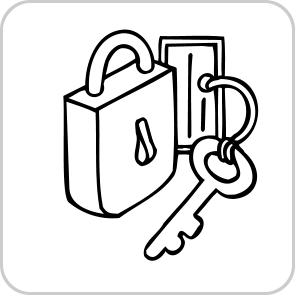








Module 1 - Introduction to Mental Health Problems
in People with a Dual Disability
Key Learning Points:
1.
A person has an intellectual disability if
they need extra supports because they
have difficulty in thinking and
understanding.
2.
People can be identified as having an
intellectual disability if they score below
70 on an IQ test and experience
difficulties in various domains of
functioning, and where these problems
were evident before the age of 18.
3.
Intellectual disability is complex and can
affect people in many different ways.
4.
People with an intellectual disability have higher rates of mental health problems
than is experienced by the general population.
5.
This increase is thought to be due to the high number of mental health risk factors to
which people with an intellectual disability are exposed.
6.
Risk factors are generally categorised into biological, psychological, social and
developmental risks.








